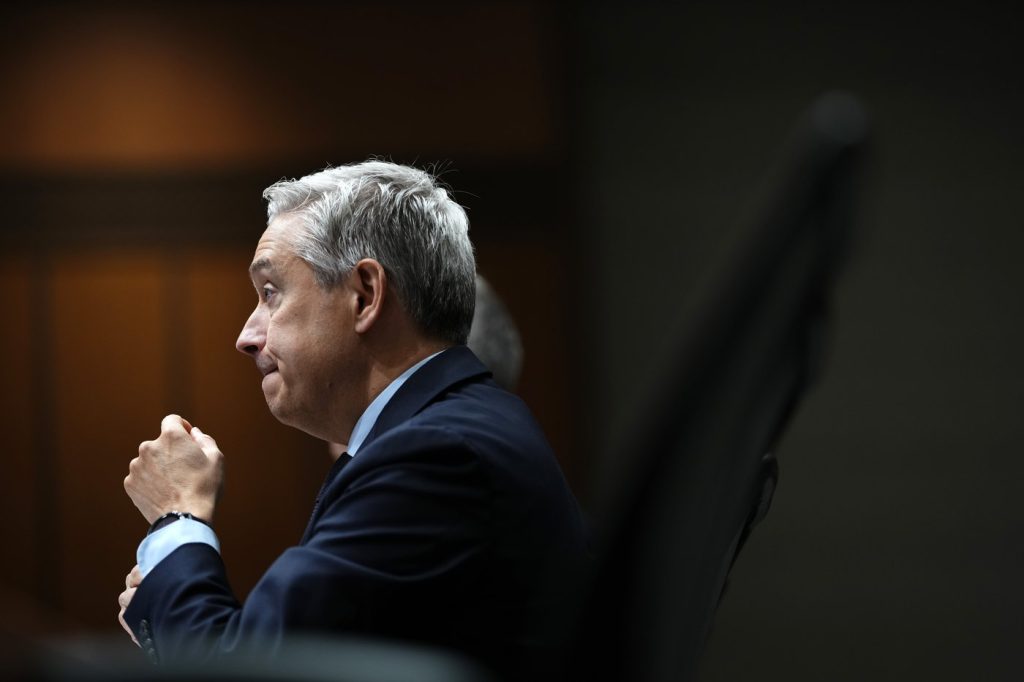In a statement made in Washington, Finance Minister François-Philippe Champagne highlighted the key findings of a recent International Monetary Fund (IMF) report regarding the global economy. He pointed out that despite the ongoing challenges posed by U.S. tariffs, the global economy demonstrates a degree of resilience. However, he emphasized that trade uncertainty continues to impede economic growth.
Champagne is currently chairing the fall meeting of the G7 finance ministers and participating in the annual gathering of the International Monetary Fund and the World Bank Group. During this important meeting, the implications of the IMF report are expected to be a primary focus for policymakers and finance leaders from around the world.
Released on Tuesday, the IMF report indicated that while global growth remains sluggish, it is not as dire as earlier forecasts had suggested. Champagne described the findings of the report as “encouraging,” urging countries to maintain fiscal discipline while simultaneously investing in capital projects to stimulate economic growth. This approach is regarded as essential for nations trying to navigate the complex landscape shaped by ongoing trade tensions and tariffs.
Specifically, Canada has felt the impact of several tariffs imposed by the Trump administration. However, the IMF’s projections reveal a more optimistic outlook, predicting that Canada is set to become the second-fastest-growing economy among the G7 nations in the upcoming year. This forecast provides a glimmer of hope for Canada, which has been grappling with the repercussions of trade disputes.
The Liberal government, led by Prime Minister Mark Carney, who emphasized his fiscal management skills during the recent spring election, is anticipated to release its next federal budget on November 4. This budget will likely reflect the government’s response to the economic challenges outlined in the IMF's report and will address the need for strategic fiscal measures to promote growth.
The upcoming budget will be crucial, as it aims to balance the necessity for economic investments with the principles of fiscal discipline highlighted in the IMF report. The government will need to carefully consider how to optimize expenditures while also preparing for the uncertainties that lie ahead due to international trade dynamics.
As the global economic landscape continues to evolve, the discussions taking place at these high-profile meetings in Washington will play a significant role in shaping future economic policies. The findings of the IMF report and their implications for fiscal strategies will be central to the conversations among finance ministers, as they work together to bolster resilience in the face of ongoing global challenges.











